

our action plan
WASP WASTERS NEW ZEALAND
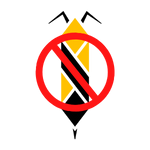
Social Wasps, particularly Common, German, European and Paper Wasps, eat nectar and insects voraciously, depriving our indigenous fauna of things to eat. This means our native animals fail to prosper, become endangered, and die.
At Wasp Wasters New Zealand our action plan to is to rid our neighbourhoods of wasps. The best way we can achieve this is to ask you, the community, to become involved by killing the queen wasps early spring before they start their nests and later wasting or annihilating the wasp nests once you find or spot them. This means we get the wasps out of our neighbourhoods, out of our farm and recreational areas, out of our forests and out of our lives.
why exotic wasps are rouges

All social wasps in New Zealand have been introduced to New Zealand by accident and have no natural predators to keep them in check. Consequently, they have become Rogues, Enemy No. 1 of our natural environment and ecosystem,and require us, the community, to manage and control them.
As they do not have any natural predators, wasps have become seriously invasive and a major problem everywhere in New Zealand especially in our beech forests where they consume massive amounts of honeydew. Honeydew is produced by a native scale insect and is an important food for native birds, bats, insects, and lizards.
“The predation rate of wasps on some native invertebrates is so high that the probability of their populations surviving through the wasp season is virtually nil.”
Landcare Research
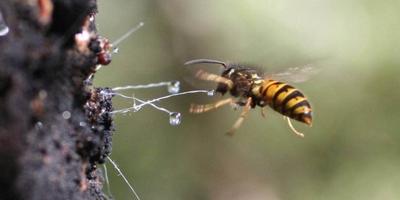
Thieves
Common wasp steal honeydew, depriving native insects and birds of a valuable food source in our forests and bush.
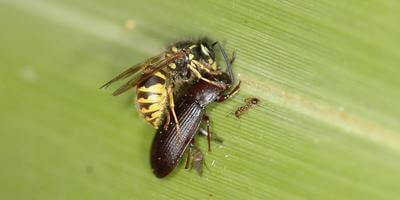
murderers
Wasps consume millions of native insects every year seriuosly disrupting New Zealand's ecosystem.
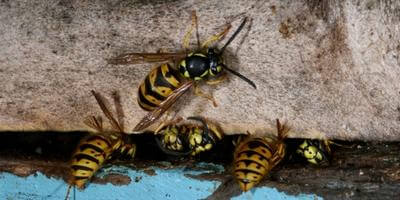
invaders
Common wasps destroy beehives. They will eat the honey bee eggs and larvae and even attack the bees inside, taking them back to their nests.
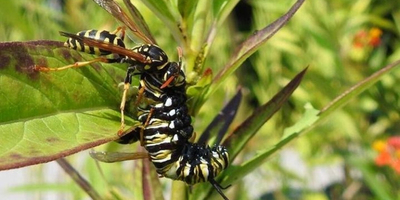
bad news
Countrywide reports of downward spiraling Monarch butterfly populations as paper wasp numbers sky-rocket.
A report by the Department of Conservation estimates that introduced wasps cost the New Zealand’s economy more than $130 million dollars a year, with the biggest economic impacts on farming, beekeeping, horticulture, and forestry. Wasps destroy or seriously damage 8–9% of honeybee hives in New Zealand each year.
start saving our environment today
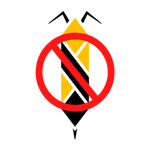
Become a Wasp Wasting hero
How to become a wasp wasting hero
Join us as a Wasp Wasting Warriors. Waste or kill as many wasp nests as you can! The longer you leave the nest alone, the more honey dew, nectar or insects are consumed by worker wasps, and the more wasps there will be. So spot the nest and help get rid of it or WASTE IT – FAST!
Plan for November 2023 to April 2024
Register to become involved. Every time you as an individual, or as part of a team; family or enterprise, kill a wasp nest, you become a hero as you are literally saving lives, and in 2023 we can start to record your actions on our website’s Wasp Waster Wall of Fame.
There will be three walls of fame – Individuals, Families or Groups and Businesses or Enterprise
Wasp Nest Locator Map and Leader Board 2023
We will upload geo tagged images of your wasted nests onto a NZ geographical map, so everyone can see how many wasp nests are being destroyed, where and by whom. You, your family, or the enterprise you work for, could find yourselves at the top of the leader board on the Wasp Waster Wall of Fame.
Just imagine how many birds, bats, and lizards you can help, the insects you can save, and the picnic lunches no longer ruined……….
Health & Safety around wasps and wasp nests
Be prepared for a potential sting and take all precautions against upsetting the wasps in a nest.
It is important that you understand that wasps can sting and unlike bees, which can only sting once,
are able to sting several times and through clothing as well!

